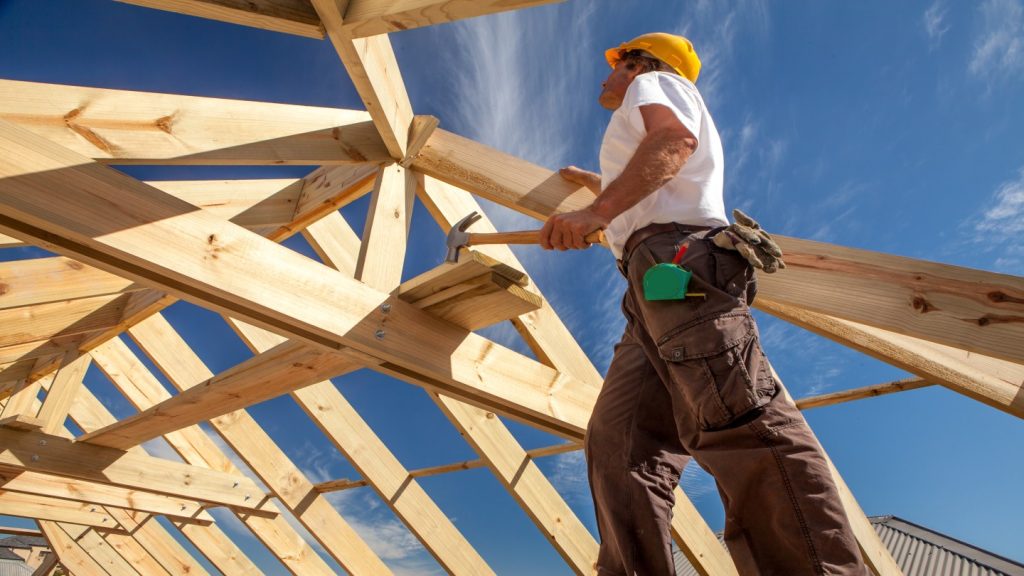Constructing a hybrid mass timber high-rise is now nearly as cost-effective as constructing a comparable concrete tower, states a study co-authored by PCL Construction, DCI Engineers, and Weber Thompson.
This Hybrid Tall Timber: Mass Timber Residential High-Rise Study highlights the potential of mass timber to expand residential space in densely populated urban areas.
The study suggests that mass timber construction could pave way for developing more buildings in the intermediate tower height range.
Intermediate high-rise towers are said to be often not built to their full potential due to cost and code constraints.
The study indicates that mass timber, a renewable material made from fast-growing lumber, could be more economical under certain conditions.
This construction method involves pre-manufacturing pieces in a separate facility and assembling them on-site, which can shorten project schedules and improve material efficiency.
When considering the cost-savings from the shortened schedules with regard to using prefabricated mass timber, along with an improved material supply chain, an 18-story residential highrise built using a hybrid of mass timber and concrete could cost as low as $74.45 per ft2 to construct.
The study further stated: “While slightly more expensive than the cost of $71.09 per ft² of a concrete building of the same size, it’s a competitive price that may influence developers to think twice about the materials used in their next project, especially to differentiate their product in a competitive leasing market.”
According to the study, the use of mass timber and concrete could lead to embodied carbon reductions, with an 18-storey hybrid building potentially storing up to 3,350 metric tonnes of CO₂e over its lifespan.
This is said to be particularly pertinent as the construction industry faces new carbon taxes and mandates aimed at promoting low-carbon construction methods.
The research also notes the biophilic benefits of mass timber and the impact on urban density and affordability.
This comes shortly after PCL Construction announced a partnership with Document Crunch, an AI-based contract intelligence platform in the construction industry, last month.
The construction company will harness Crunch’s AI technology to enhance its project teams’ ability to manage contract compliance risks effectively.









